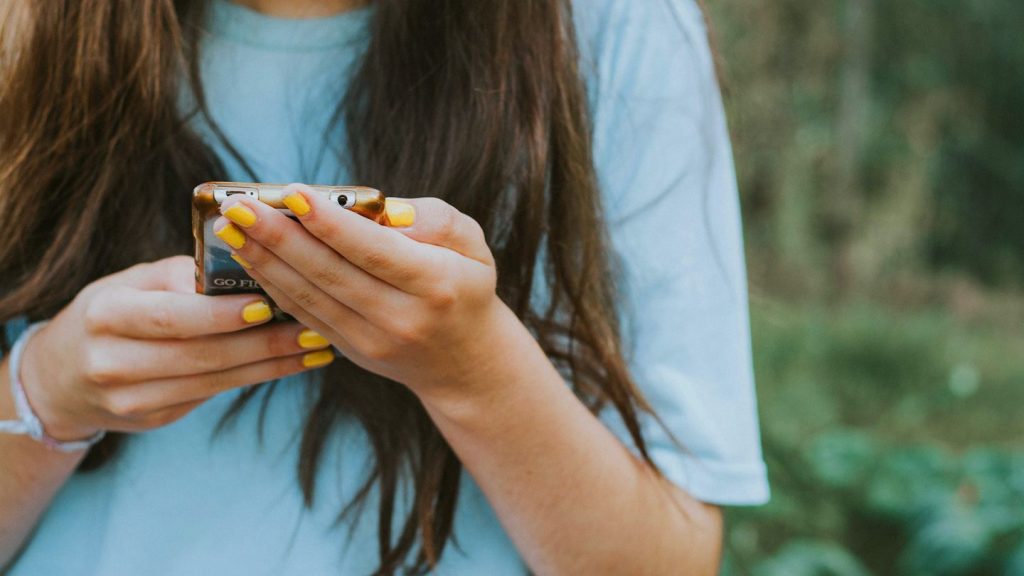In today’s world, social media acts like a big, flashy mirror, showing us all sorts of health and mental health issues. But why do young people turn to social media to figure out what might be wrong with them? Let’s dive deep into this trend and explore the reasons behind it.

The Impact of Social Media on Health Awareness
Social media is more than just a platform for sharing memes and selfies. It’s also a space where young people learn about health topics. With just a few clicks, they can find stories that resonate with their own experiences. When someone reads about anxiety or depression online, they might think, “Hey, that sounds like me!” This can spark a desire to self-diagnose, making it seem like a normal thing to do.
The Ease of Access to Information
You can find endless articles, videos, and posts about health topics on platforms like Instagram, TikTok, and Twitter. It’s almost like having a doctor in your pocket. But this ease of access comes with risks. Young people may mistake what they read as facts. They might not know that everyone experiences symptoms differently, leading to a misunderstanding of their own feelings and health.
The Need for Connection
Life can feel super lonely, especially for young people. Social media offers a bridge to connect with others sharing similar struggles. When someone posts about their anxiety and gets comments of support, it feels great! This connection might encourage others to share their symptoms, leading to a self-diagnosis. The search for understanding and community can push young people to label their feelings based on what they see online.
The Fear of Stigma
Stigma around mental health issues can keep young people from seeking professional help. They might think, “If I go to a doctor, what will they think of me?” Instead, turning to social media seems easier. It’s a familiar space where they can express their worries without the fear of being judged. Unfortunately, this can lead to misleading conclusions about their health.
The Role of Influencers
With the rise of influencers, young people are bombarded with health and wellness content. Many influencers share their health journeys, often making it relatable. When influencers discuss symptoms and self-diagnose, it can influence others. It’s like a ripple effect! This may spark curiosity or even push people to believe they have similar conditions based only on social media advice.
The Dangers of Self-Diagnosis
While it’s awesome to learn from others, self-diagnosis can be a slippery slope. Young people might miss serious health conditions if they rely too much on information found online. It’s like trying to fix a car without knowing anything about mechanics; you could make the problem worse instead of better.
Conclusion: Navigating the Social Media Maze
So, why do young people self-diagnose on social media? It’s a mix of easy access to information, a desire for connection, fear of stigma, and the influence of others. While social media can be a powerful tool for awareness, it’s essential to approach it with caution. Understanding the difference between personal experiences and professional advice is crucial for accurate self-awareness. After all, when it comes to health, knowledge is key.
Leave a Reply